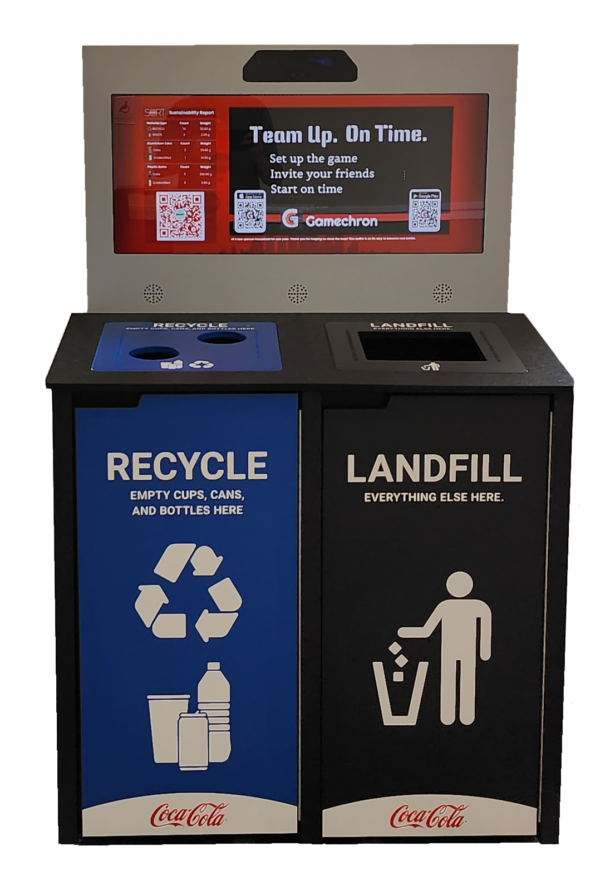Sustainability and data collection go hand in hand when it comes to building a better future for our planet. As we face growing environmental challenges, data has become an essential tool in understanding the impacts of our actions and identifying opportunities for improvement.
The first step towards creating a more sustainable future is collecting reliable data. Data allows us to measure our impact and identify areas where we can make meaningful changes. For example, by tracking our energy consumption, we can identify opportunities to reduce our carbon footprint and save money on utility bills.
In addition to measuring our impact, data also plays a critical role in setting goals and tracking progress towards sustainability targets. Without data, it’s impossible to know whether we’re making progress or falling short of our goals. By collecting and analyzing data, we can adjust our strategies and ensure we’re on track to meet our sustainability targets.
Data collection is essential for driving innovation in sustainable technologies and practices. By studying data on energy usage, waste generation, and other environmental factors, scientists and engineers can develop new technologies that are more efficient, less wasteful, and less harmful to the environment.
Data also plays a critical role in communicating sustainability initiatives to stakeholders. By providing data-driven evidence of the benefits of sustainable practices, organizations can build support for their sustainability programs and encourage others to follow suit.
Sustainability and data collection are essential partners in building a better future for our planet. By collecting reliable data, setting goals, tracking progress, driving innovation, and communicating with stakeholders, we can create a more sustainable future for ourselves and future generations. It’s up to us to harness the power of data to make meaningful change and create a more sustainable world.




